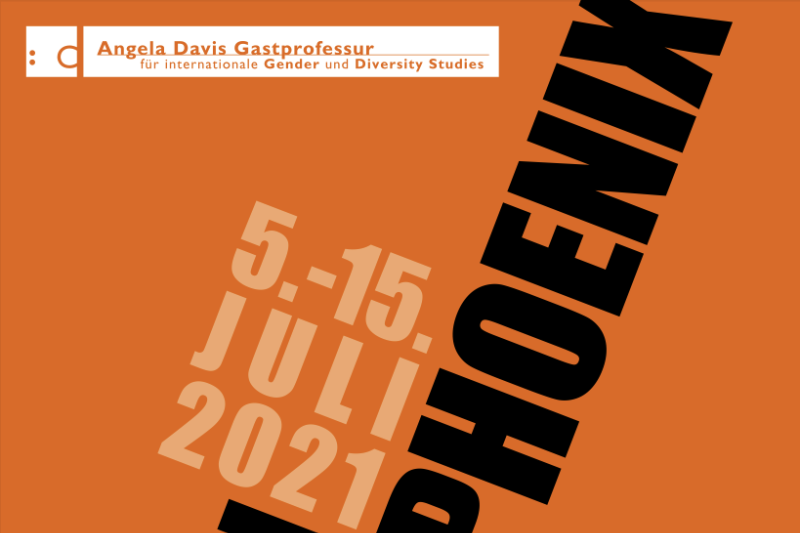This seminar series first examines how intersectionality is theorised, how it is situated within and across countries and how understanding of it shifts over time. It then engages with ways in which intersectionality is employed in research and practice. Each session in the seminar series will involve a presentation, group work and practical tasks. By the end of the four sessions, you will have engaged in critical reflection on how intersectionality is conceptualised and have some experience of doing intersectional analysis. In keeping with Angela Davis’s ideological commitments, the seminars are informed by a social justice, norm critical and decolonial perspective. In that spirit, students of colour, who are generally under-represented in the academy, are encouraged to attend.
Background
One reason that theories of intersectionality have gained popularity is because they enable analysis of the complexity and multi-layered nature of everyday life and social categories. The main feature of intersectional theories is that everybody is always simultaneously positioned in many social categories. Any one social category such as gender, social class or racialization can, therefore, only be understood in relation to other categories and differences, as well as commonalities, within and between groups. Experiences and life chances differ according to ‘race’, ethnicity, sexuality and social class, all of which are performative. This means, for example, that gender and sexuality are class-based, national and racialised social relations. Intersectionality is not just an abstract theoretical idea. It reminds us that all categories are associated with power relations and so with social inequalities.
Yet, while the concept of intersectionality is burgeoning, it has also been much critiqued within academic and in more popular publications. It is, therefore, important to take stock of why it is both one of the most influential theories of the last 30 years, considered vital to social analyses by many and derided by some so that there is what Jennifer Nash (2019) has called ‘the intersectionality wars’. It is important to examine what the concept of intersectionality adds to social analyses and claims to social justice, which motivated Kimberlé Crenshaw to coin the term. The seminars will show that, in order to promote inclusive equality, it is, important to recognise that social categories are internally differentiated in complex ways because they are decentred by their intersections with other social categories.
Part IV
Racialisation and decolonial perspectives, including analysis of Achille Mbembe’s 2018 speech at the Holmberg Prize debate

